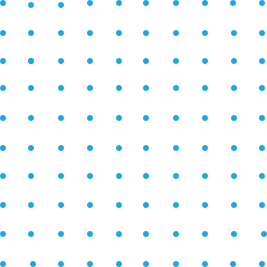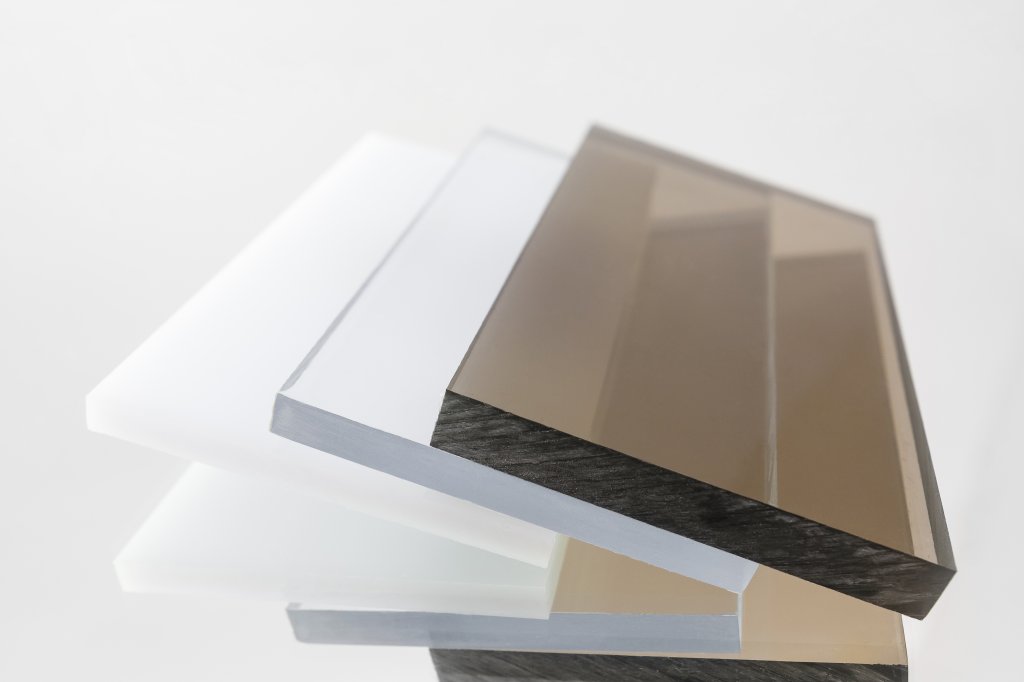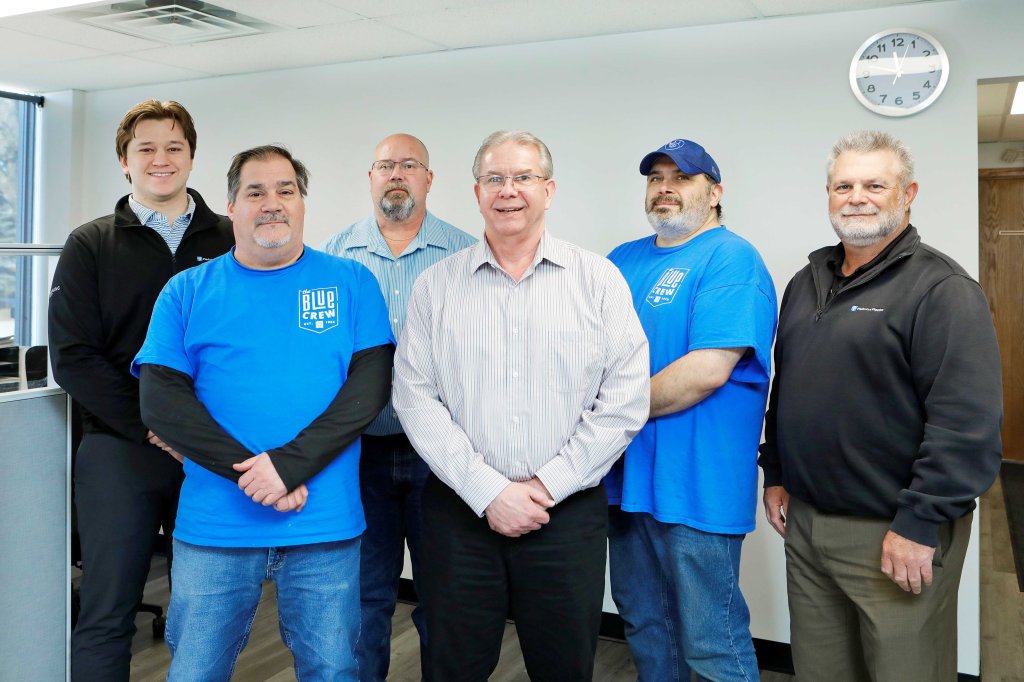When choosing materials for constructing and manufacturing items ranging from skylights and clear barriers to greenhouses and aquariums, it's important to know you have options.
While glass has been a long-standing traditional choice, it's not necessarily the best choice for fulfilling specific needs such as weight, strength, design flexibility, and ease of installation.
We want to break down some of the key reasons why choosing polycarbonate over glass can be the best solution for you.
What Is Polycarbonate?
Polycarbonate is a transparent thermoplastic sheet material often chosen for its advantages over glass and other materials because of its impact-resistance, flame-retardance, insulation, and flexibility. Its superior durability, transparency, and low moisture absorption make polycarbonate sheet perfect for enclosures, window glazing, safety guards, sign faces, and more.
Polycarbonate sheet bonds well with adhesives and solvents, are easy to paint, and come in various colors, thicknesses, textures, and sizes.


An Expert is just around the corner.
With over 100 years of combined product knowledge and industry experience, we are confident our plastics experts can help you find a solution for your application.
What Are the Advantages of Polycarbonate?
Polycarbonate sheet has become very popular because of its extreme durability and resistance to harsh conditions, especially when compared to glass. Glass can be easily broken and damaged, causing a potentially hazardous situation. Polycarbonate can save you time, money, and significantly reduce the risk of injury when replacing glass in buildings and construction.
Other advantages of polycarbonate sheet include design flexibility and impact resistance over a wide temperature range. These qualities make it a preferred material to acrylic and laminated glass in many applications where impact resistance is important. In addition, polycarbonate is 30 times stronger than acrylic, and over 200 times stronger, and six times lighter than glass. Polycarbonate sheet is also a superior insulator to glass, and installation can result in lower energy costs.
Impact Resistance
Polycarbonate is practically unbreakable, especially when compared to most glass. Compared to safety glass, polycarbonate is 250 times more resistant to impact. It can handle extreme weather conditions, making it a good choice for greenhouses, bus shelters, schools, and hospitals. Its durability also makes it ideal for those concerned with burglary and vandalism.
Longer Life
Polycarbonate sheet has a long lifespan, eliminating unnecessary replacement costs thanks to its overall durability and ability to withstand impact and harsh weather. This is particularly useful for structures such as schools or hospitals with hundreds, if not thousands, of windows to maintain.
Heat Resistance
Traditional glass is not meant to withstand prolonged high temperatures. Polycarbonate, on the other hand, can handle extreme temperatures making it safer to use. For instance, polycarbonate can endure temperatures of 270 degrees for several hours at a time or sudden bursts of heat up to 1166 degrees without distortion, breakage, or absorption of heat.
Glass can't do that.
Light Diffusion and UV Protection
Most glass can't filter out harsh lighting. Polycarbonate, instead, can provide softer lighting in building situations where it is preferred over direct sunlight. Greenhouse plants grow more efficiently under polycarbonate panels than under clear glass and are much less prone to sun damage and burning.
More Efficient Insulation
Polycarbonate's thermal efficiency stabilizes and evens out the temperature of a space, reducing AC and heating costs and reducing a structure's carbon footprint. In contrast, traditional glass functions less efficiently as an insulator.
Polycarbonate Sheet Is Easy To Install
Compared to standard glass panels, polycarbonate sheeting is six times lighter, making installation quicker and easier. In addition, it's easier to cut. These are significant advantages over glass in that there is less concern with cutting errors, and fewer materials are required for support.
What Are the Best Ways To Cut Polycarbonate Sheets?
Cutting glass typically requires specialty saws. Polycarbonate sheet of similar thickness cuts easily using a standard circular saw. Because it's so simple to cut and form, it can be done on-site, whereas glass usually has to be cut before installation. Thinner sheets can be scored and snapped with just a hand-held blade and a securely mounted cutting surface.
The ability to cut on-site means there are fewer instances of cutting errors and costly waste.
Depending on the thickness of the sheet, polycarbonate can be cut to custom size with:
Scissors and utility/box knives (for thin sheets)
Hand shears
Hacksaws
Jigsaws
Fine-tooth circular saws
Plastic-toothed saws (for reducing heat friction on tube cutting)
Polycarbonate Sheet from Piedmont Provide Custom Solutions
Polycarbonate sheet has a clear advantage over glass due to durability and ease of installation and the various features they provide that traditional glass does not.
The polycarbonate sheet available from Piedmont Plastics are the common-sense solution for building construction, subways, bus shelters, schools, restaurants, greenhouses, household items, and more. Our online pricing and ordering system makes it convenient to acquire exactly what you need for the best price possible.
Contact us to find out more about our various polycarbonate solutions, or shop our online inventory today!
Want to Learn More?
Get in touch with us today to find out more about our various polycarbonate solutions.
Contact Us
